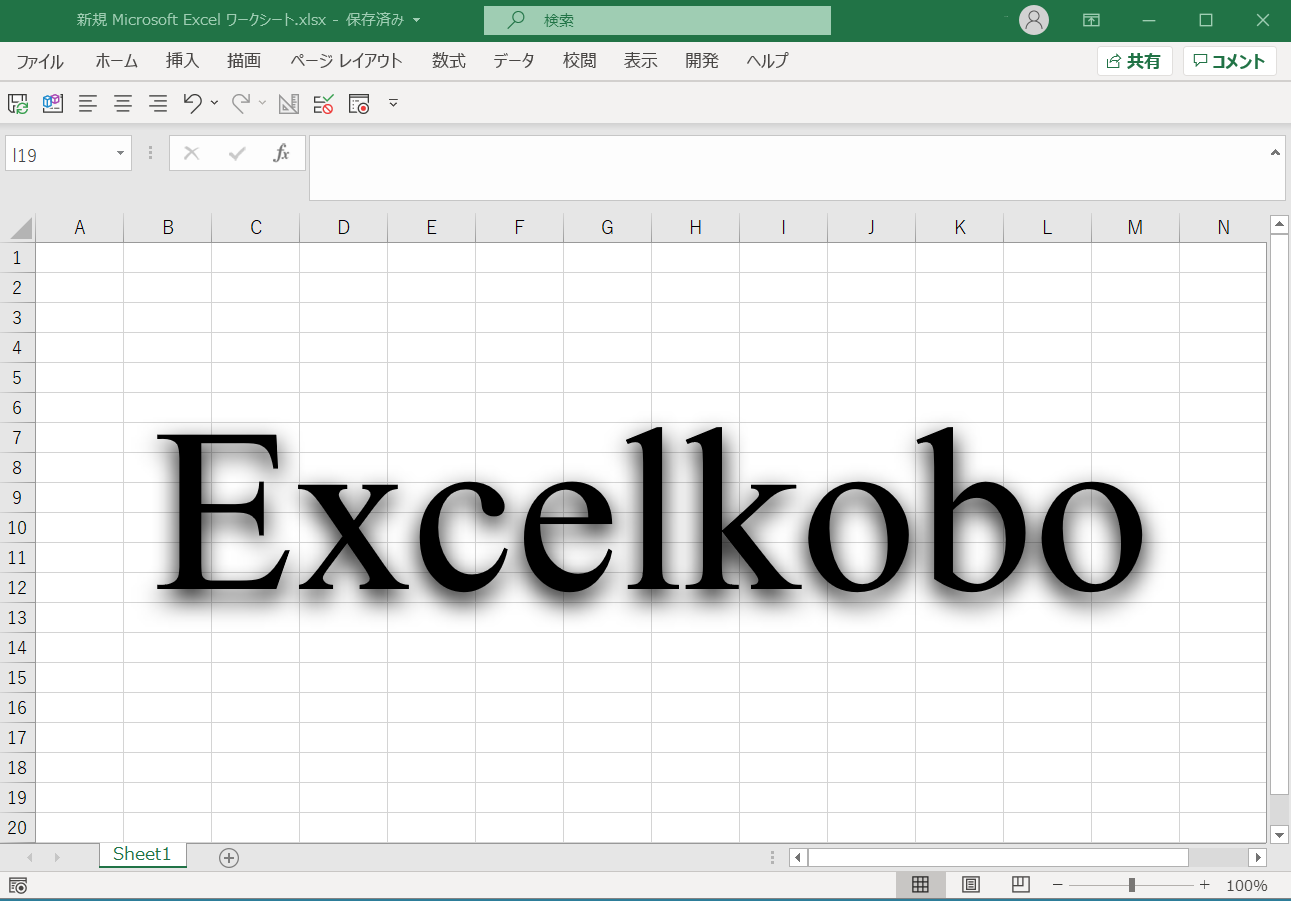Bach: Cantata No. 212 “Mer hahn en neue Oberkeet” / Mojca Erdmann, Dominik Wörner, Masaaki Suzuki, Bach Collegium Japan
Christian Friedrich Henrici (pen name Picander), who wrote many of the scripts for Bach’s cantatas in Leipzig, was a tax collector by profession. The cantata was performed at the banquet celebrating the arrival of the new lord, Carl Heinrich von Dieskau to Kleinzschocher village, on August 30, 1742. A cantata with a text full of flattery to Dieskau, who was to become Picander’s new employer, and it shows that Picander was a very shrewd man.
The piece begins with a Sinfonia in which dances such as Courant, Gavotte, and Bourrée are dizzyingly interchanged. The basic instrumentation is violin, viola, and basso continuo, with no second violin. Also, the violins and violas are often layered in octaves, which adds to the rustic feel. In the 14th aria “Klein-Zschocher müsse” the violins are divided into one and two part for the first time, and a flauto traverso appears as a solo instrument. The aria is in da capo form, with lyrics in praise of the local Kleinzschocher village, and is clearly the highlight of the cantata. In the Bach Collegium Japan performance, The drone sound of bagpipes are added to the finale chorus. The soloists are Mojca Erdmann (soprano) and Dominik Wörner (bass). #baroque #bach #cantata #片山俊幸


